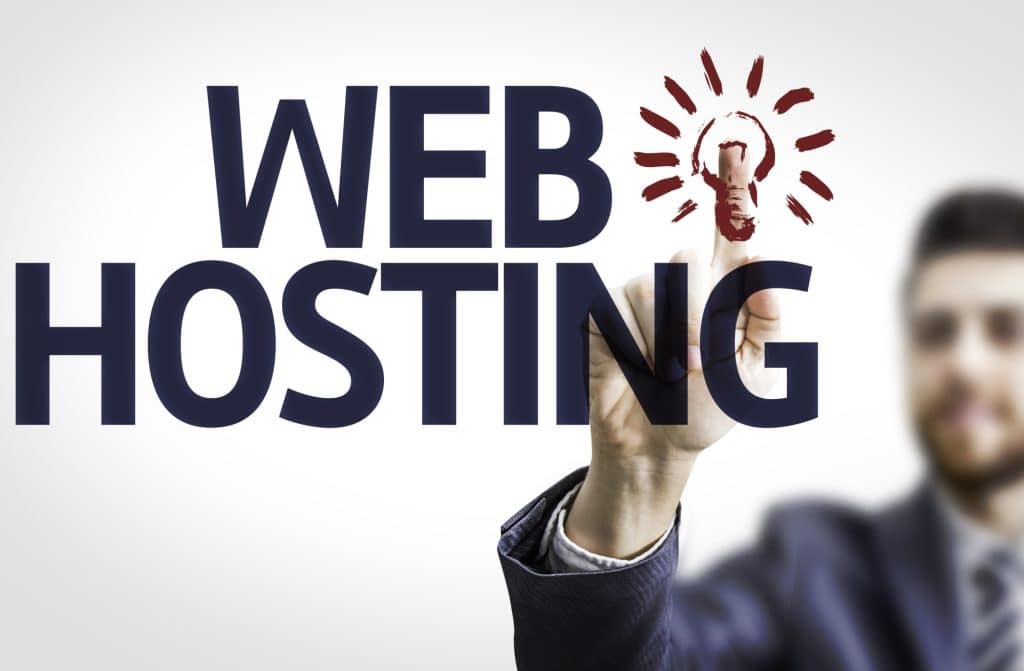Website Hosting: How to Ensure Your Website Is Secure
Website security and website hosting go hand in hand. With the wrong management, you can put your business and clients at risk. Learn more here.
Did you set up a website to get rich? A lot of people think that having a website is enough to make money.
While it’s true that having a website is better than not having one, the truth is that you need to do more than just have a website if you want to be successful online. You need a way to set yourself apart from the competition and make sure people know who they’re dealing with when they visit your site.
That starts with making sure your website is secure—and today, we’ll show you how!
Here’s everything you need to know about website hosting.
Security Is Key When It Comes to Website Hosting
The internet is indeed getting more secure year after year, but that’s not an excuse to be complacent. No matter how much you care for your website, some things are out of your hands. Luckily, there are plenty of ways to ensure that the hosting company you choose will take security and privacy into account.
While they’re not all created equal, many reputable hosting providers prioritize website security above all else. They have teams dedicated to monitoring threats, both known and unknown; these professionals work 24/7 so that no one is ever left vulnerable on their watch.
However, even with all this effort put forth by professionals in the field—not to mention their expertise—it’s still difficult to know whether your site is secure.
A lot depends on factors outside of your control: whether someone else has already been compromised (and what kind). If any new vulnerabilities are being discovered every day; how quickly those patches can be deployed; how frequently backups are made (and stored); etc.
Malware Will Seriously Hurt Your Search Engine Rankings
Website malware is a serious threat to your search engine rankings, as well as your security and reputation. Malicious code can be injected into your site, causing it to be flagged by Google and other search engines. This will result in lower rankings for that page or site, which can impact the overall performance of your website.
Malware may steal sensitive user data such as credit card numbers or login credentials. If this happens on one of your pages, you’ll want to remove it immediately before any damage occurs.
Malware can also distribute malicious code from another website through links on yours — this kind of cross-site scripting (XSS) attack could allow hackers access to personal information stored on another site through yours without ever having visited it themselves!
Finally, malware that causes redirects can pose a risk even if there isn’t any danger from XSS attacks. You’ll need to clean up those pages so that users with browsers set properly don’t end up at bad websites when all they wanted was something good from yours.
Hosting Providers Are Vigilant About Security Threats
As a web host, your provider is vigilant about security threats. They are constantly monitoring for malware and viruses that can damage your website. If they find anything suspicious, they will alert you immediately via email or phone.
If there is an attack on their networks, such as DDoS (Distributed Denial of Service) attacks or other types of malicious activity, you should be notified so that the issue can be resolved quickly to ensure minimal downtime for your website.
One thing you need to consider is if you have VPS or shared hosting.
Unsecured Websites Break the Law
An unsecured website can be used to commit a crime. For example, a hacker may steal your data and sell it on the dark web.
They could also use your site to launch phishing scams or spread malware. The worst-case scenario is that they hack into your site and hold you hostage with ransomware!
If you’re thinking this is unlikely to happen because you’re not doing anything illegal… think again! In 2018 alone, there were 22 million new malware samples created every day by cybercriminals, who use the internet to make money off stealing personal information.
By opening yourself up for attack through an unsecure website, you put yourself at risk of being targeted for malicious activity like these kinds of attacks:
Ransomware (also known as a crypto wall) encrypts files stored on your computer or network drive; then demands a ransom from victims for them to regain access.
A Website Can Only Be as Secure as Its Hosting
If you want to keep your website secure, the hosting provider is responsible for that. They can use a firewall and malware protection and SSL/TLS encryption.
Your hosting provider should also set up 2-factor authentication (to protect against social engineering), backups, and a secure environment to ensure your data is safe.
Ensure Your Website Hosting Setup is Secure
This list is by no means exhaustive. There are many other security tips you can follow when starting website hosting. It’s up to you as a website owner to keep abreast of the latest trends and threats to protect your site.
It’s also important that you take into account all of the other factors surrounding your website hosting, such as backups, backups again (because they matter), regular website quality maintenance, and so on. But is there anything we hope was clear here?
It’s that security is crucial when it comes to choosing who hosts your site. And why they should be vigilant about their efforts toward keeping things safe!
For more on website hosting, be sure to check out our services today to see how we can help you.



